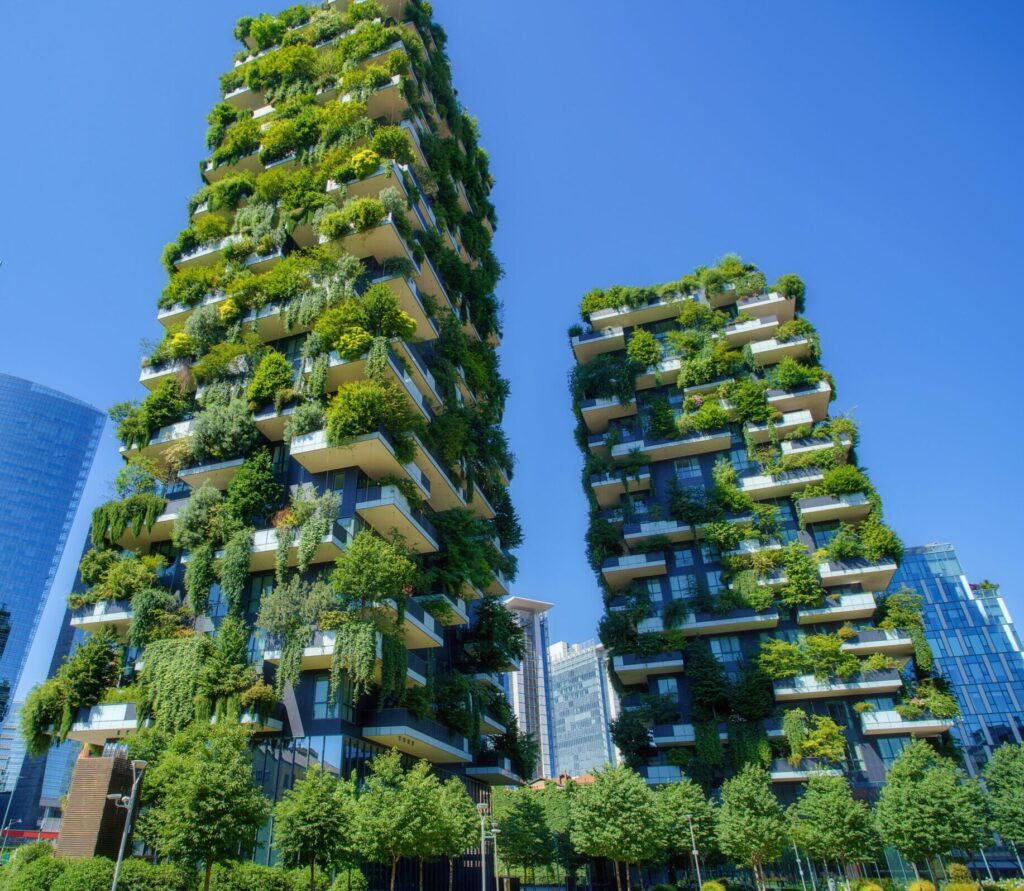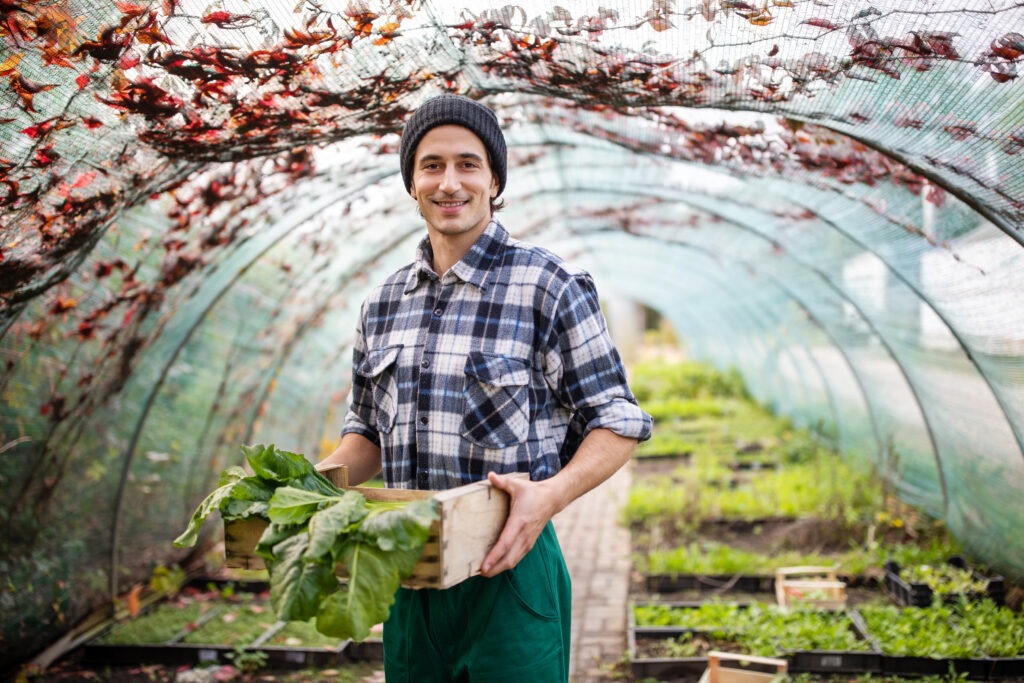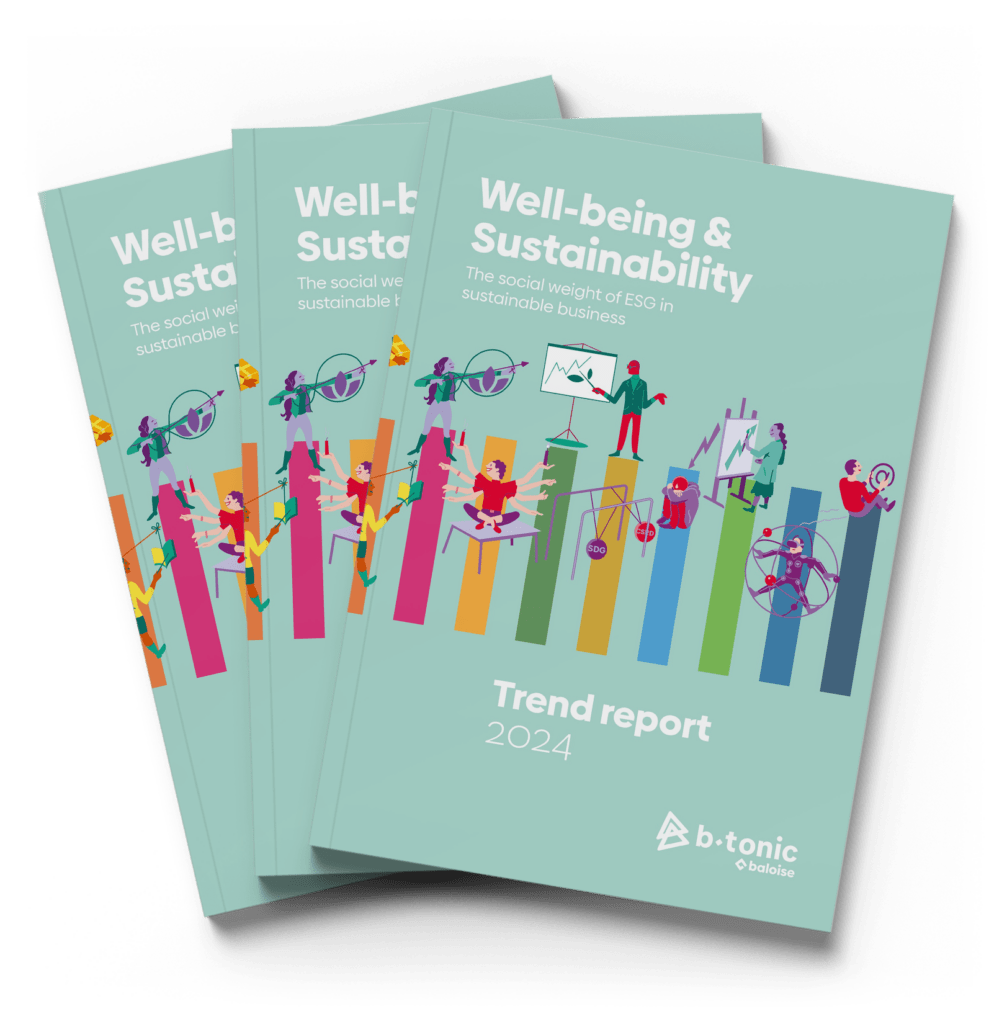Trends – Well-being and sustainability
A global survey (2023) by the sportswear brand lululemon revealed that one in three respondents are experiencing the lowest levels of well-being ever recorded. In a study by the trend agency Foresight Factory, 35% of participants reported seeking out nature to enhance their well-being. An increasing number of health-conscious individuals are harnessing nature to boost their well-being, aiming to integrate natural elements into their lives and workplaces, and to take their professional activities outdoors.
Emotional fitness
Since the Covid-19 pandemic, depression and burnouts have emerged as new epidemics that
organisations are being confronted with. And the term ‘emotional fitness’ is gaining traction as
a result. Emotional fitness is the ability to thrive socially, focus cognitively, cope with pressure,
connect with others, and regulate one’s own emotions. According to performance psychologist
Fran Longstaff31, who developed the concept at Brunel University in London, it is underpinned by
seven skills: positive thinking, self-motivation, stress management, self-confidence, prioritising,
focusing and connecting.
But what if we’re addressing the wrong problem? What if the mental health crisis isn’t solely a
crisis of medically and clinically treatable mental disorders, but equally a cultural crisis – a crisis
stemming from a lack of education, language and awareness regarding our ‘emotional skills’?
Convinced that education and coaching in these skills could make a significant difference, Fran
Longstaff, in collaboration with Nick Bennet, developed the smart app. This app coaches students
on a daily basis with scientifically backed techniques to strengthen their emotional fitness.

Nature on prescription
An ‘overarching sense of coherence’ that must have been the sensation experienced by young researcher Kristin Engemann at Aarhus University of Denmark32 in late 2018. Armed with two decades’ worth of satellite images of Danish cities, a cosmic amount of data on the health of a million Danes and the power of artificial intel – ligence, she sought patterns and correlations between the population’s (mental) health and the presence of nature in their living environments. The findings? Individuals who grew up close to nature during childhood are 55% less likely to develop 16 of the most common mental disorders in adulthood. While this discovery must have sparked a eureka moment, it aligns with what has been known for some time. Empirical evidence of the link between public health and proximity to nature has been accumulating since American researcher Roger Ulrich developed his Stress Reduction Theory in 198333. He was the first to observe that hospital patients recover faster when their rooms have a view of greenery.
In Scotland, nature prescriptions have long been commonplace, and in Canada, GPs can now prescribe annual passes to National Parks. Closer to home, Prof. Hans Keune from the University of Antwerp also advocates for nature on prescription. This therefore proves the scientific evidence for the positive impact of a natural environment on our mental and physical health.
Moreover, the message is increasingly resonating with office designers and architects, who are incorporating natural elements into their buildings. This so-called ‘biop – hilic’ architecture reintroduces elements of the natural world into our living and working environments.
The company forest
Belgian company Forest Fwd – on behalf of businesses seeks out local land where corporate forests can be planted (forestfwd.be). This initiative aims not only to offset a portion of the ecological footprint but prima rily to engage employees and their families in a green project that fosters team spirit. The Plant a Forest days are always a highlight. The corporate forest also provides a space for meetings and relaxation, and is – of course – an ideal location for inspiring walking meetings. The Belgian Go Forest plants trees on behalf of companies and additionally ensures a longer period of maintenance and monitoring through an impact dashboard with a blockchain certificate that timestamps the tree planting
Discover more trends in our Trend Report




